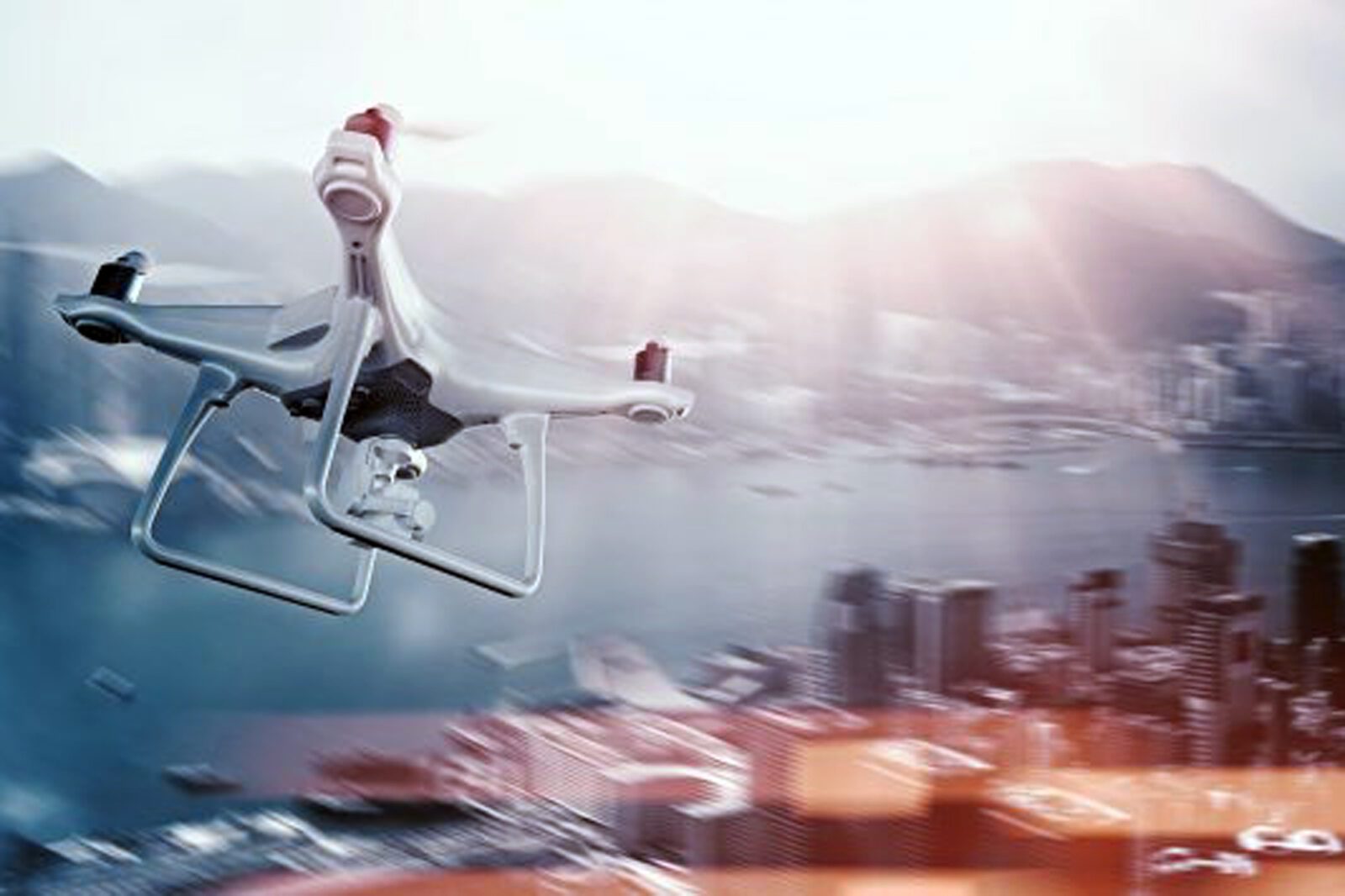The objective is to disseminate and guide actions to fulfill the strategy for its implementation in Brazil
CP Eduardo Silva (DECEA) and 1T Rennó (CRCEA-SE) – Air Force Agency – Captain Alcoforado
The Department of Airspace Control (DECEA) approved, through the Decree 439/DNOR, of September 8, 2022, the Aeronautics Command Directive (DCA) 351-6, with the objective of divulging the Operational Conception about the Unmanned Traffic Management (UTM) and guide the actions to fulfill the strategy for its implementation in Brazil.
UTM, defined as a subsystem of Air Traffic Management (ATM), aims at safely, economically and efficiently managing the Unmanned Aircraft System (UAS) operations, by providing collaborative facilities and services among all involved links, as well as the integration of human beings, information, technology, facilities and services supported by air, ground and space communications, navigation and surveillance.
The Standards Division (DNOR) of DECEA’s Operations Sub-Department (SDOP) was the sector responsible for this publication, and is in charge of elaborating and updating the legislation on themes related to airspace control, issuing opinions on amendments to relevant international publications, and coordinating and disseminating the regulations when approved by the Authority.
“The knowledge of the Directive allows users and service providers to understand the vision, concepts and capabilities that will be sought by DECEA in the Unmanned Aircraft Traffic Management, enabling the society to glimpse business opportunities and the maintenance of high performance level of operational safety of the Brazilian airspace”, said the Chief of the Standards Division of SDOP, Air Force Colonel Diego Henrique de Brito.
The Directive can be accessed, in full, here (text in Portuguese), as well as other legislation involving drones and Brazilian air traffic. The rules serve not only public and private agencies, but, mainly, citizens all over the country.

DECEA offers users a direct channel for questions and suggestions, through the Citizen Service.
In 2022, the Department counted approximately 310 thousand flights requested through the System for Requesting Access to Brazilian Airspace by Unmanned Aircraft (SARPAS).
With the evolution of technologies and increased demands, the SARPAS platform, created in 2016, was deactivated and replaced by its new generation: the SARPAS NG.

Text: Denise Fontes / DECEA *** Translated by the DEFCONPress FYI Team ***
